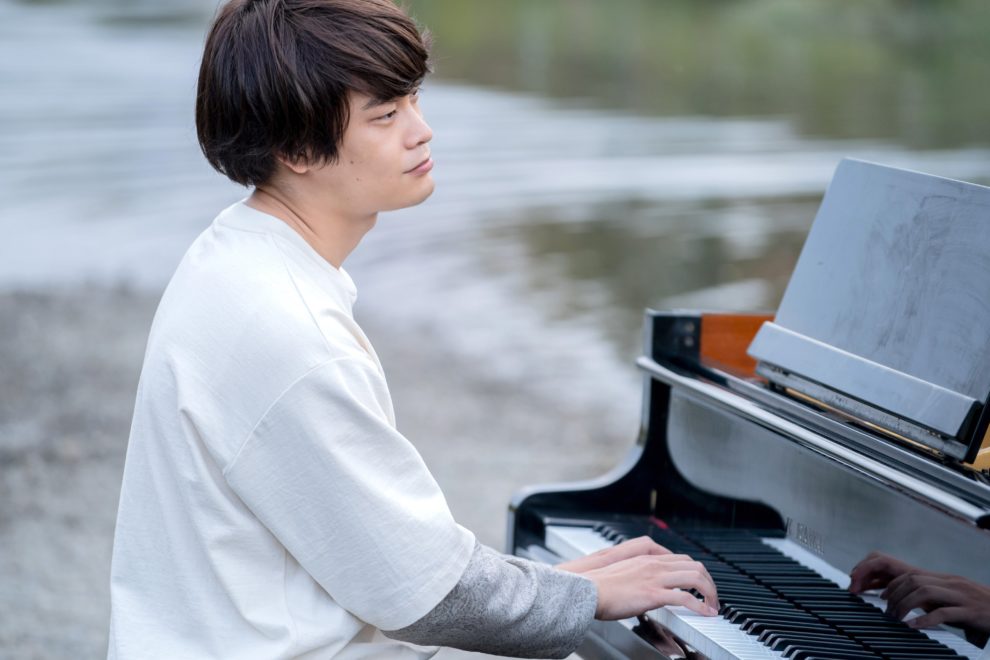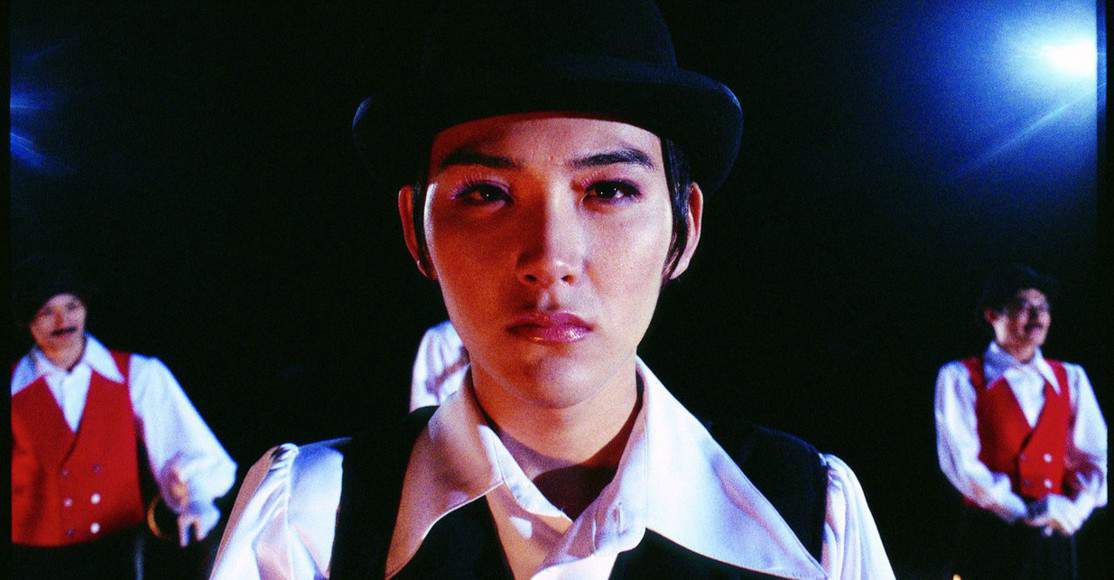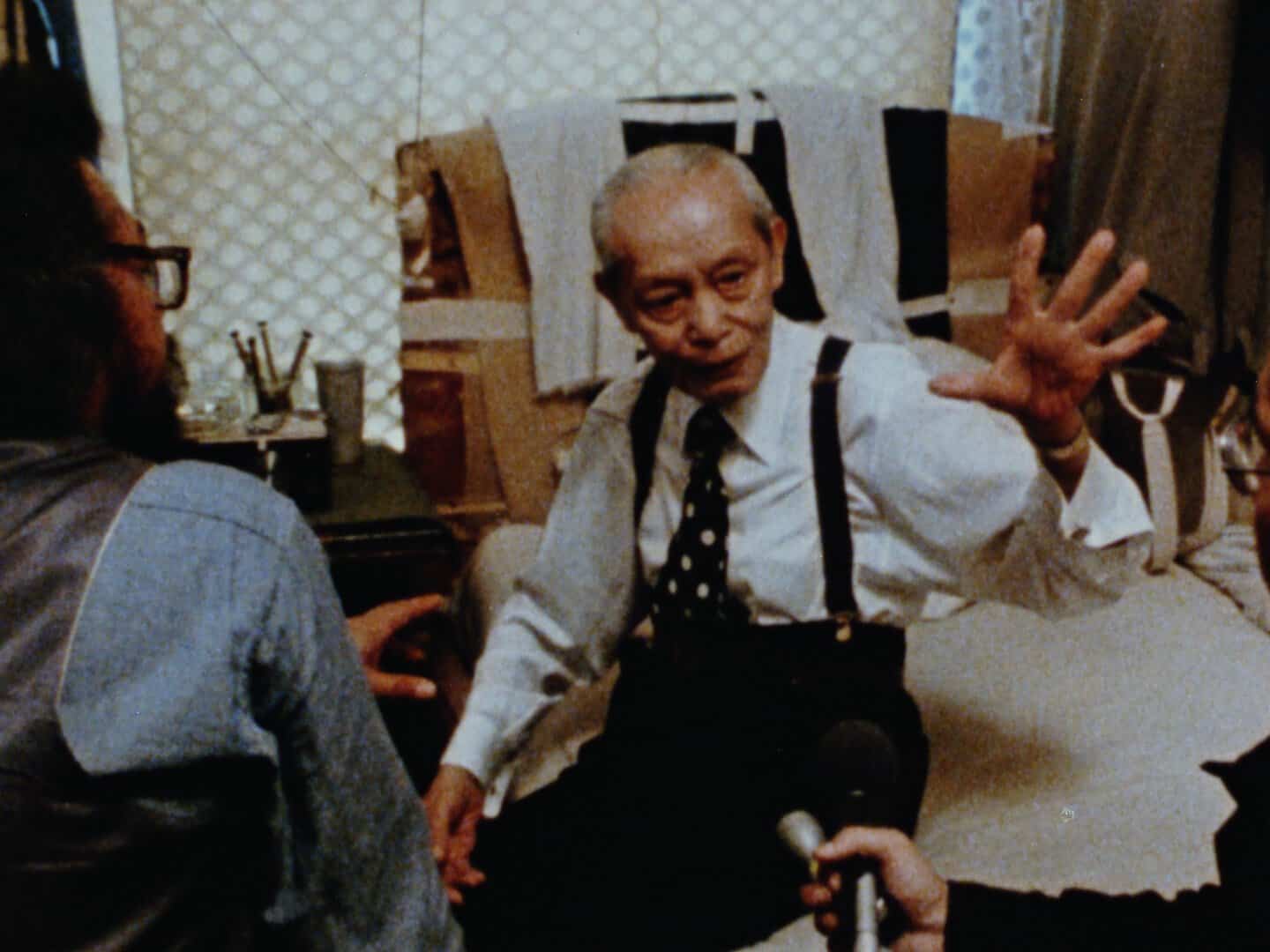Music as a mirror of internal mayhem has been explored in a myriad of ways in films. In “Musicophilia”, music is given the chance, however, to reflect the convoluted protection that the society gives to men for the sake of their so-called genius, even and especially at the expense of women. This bequeaths the film, which made its global premiere at the 2022 Asian Pop-Up Cinema, another layer of depth, one that makes it more memorable aside from the inner demons conjured by family melodrama.
“Musicophilia” is screening at Asian Pop-up Cinema

Based on the webcomic of the same name, the movie introduces us to Saku Urushibara, an art student in Kyoto who, even if he wants to, just could not escape the world of music. He is literally drawn to it by his newfound friends, members of the music club in his university who pull him in to their own eccentric and impassioned search for singular, generation-defining music.
Taking part in this journey means, however, the inevitable meeting of worlds between Saku and his older brother, Taisei Kishino, who resembles their father in more ways that one. The two used to be close when they were young, but the fact that Saku was the product of an affair, one that cost his mother her future, made their relationship cold, distant and estranged.
Saku was deprived of the chance to explore his own musical genius, a gift he got from his father, topnotch composer Ryu Kishino, because of this fact too. His father, along with his wife and Taisei, made sure that Saku will not be able to hone his skills, not even touch a piano, even at a young age. This will feed Saku's despise towards music, but he will find his way to it, the way he found his way back to his brother and vice-versa.
Setting is an imperative part of the film, as situating the story in Kyoto, in the environs and gardens surrounding Kamogawa river, extends the protagonists and the characters' endless multisensory sources of music – there is the flowing of the waters, the flapping of the birds' wings, the whistling of the wind and the euphonious polyphony of everyday hubbub.
Taniguchi's close-up shots of these motions and how they create music, given more direction by the intercutting of frames, provides us a glimpse of Saku's hyperawareness of sound. This editing style places the viewers right inside Saku's experience and allows us to see what goes on in his head, of how he is able to use this high perception of sonical robustness to compose music that is richer and more moving than Taisei can and ever will.
The dialogue and the acting convey the spirit and the politics of the art world in very simple but clear terms, with the lines written by Hiroyuki Ono for the screenplay and Akira Saso for the webcomic laying down jarring truths. There is no glossing over of how male superiors can use the unfair power relations to take advantage of younger female students, as the former will always be embraced back by the field, their misdeeds overlooked and forgiven because of their art, while the latter gets stripped off their chance to realize their potential, no matter if they are the best of the best. This is not the only conversation that the film triggers, as it also touches on how the pursuit of perfection in art – in the form of music, or in its other kinds, is at times used as a license to destroy others.
The ensemble cast gives justice to the beauty and idiosyncrasies of studying, doing and deconstructing music. Kai Inowaki as Saku displays just enough vulnerability, while Ikusaburo Yamazaki as Taisei is as every bit as supercilious and elitist as his character demands him to be. Nagi Ninawa, played by Honoka Matsumoto, has enough chemistry with Kai's Saku, though it's her melodious vocals which cement her role in the film. Shinnosuke Abe as Kanichi Aota, one of the members of the music club, is larger than life as he exhibits the unpredictable temperament of musicians, at times almost bordering on portraying it as caricature-ish, though his performance is consistent enough that one cannot help but just feel delight in his acting, overall.
The film is not as adventurous in its use of various elements of production, though its theme gives it the very right to be as absurd and radical it wants to be.It instead largely tells the story in a very linear way, though the use of lighting in the film's climax brings in sudden softness and emphasizes mood shift.
“Musicophilia” honors the ethos of the word, with intensified interest in sound sparked by various stimuli, from physical, emotional to social. Other than that, however, the film encourages a closer look into the different sides of what creating music really means, both the good and the bad.















